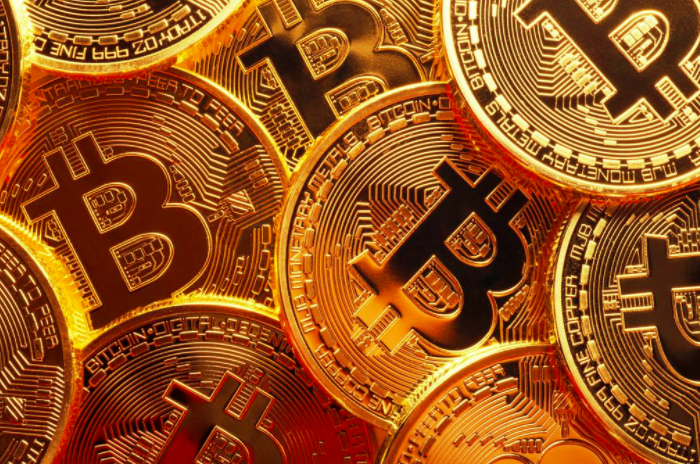It seems like it is becoming a daily part of the news: Some people (usually the older folks among us) claim that bitcoin, the digital cryptocurrency based on blockchain technology, is in a bubble. They claim it is going to crash. Often they compare it to the Tulip Mania that struck Holland in the 17th century and even devastated the finances of Sir Issac Newton.
Is there something to fear? Does this have ramifications for other sectors of the economy?
Recently, Joseph Stiglitz said he wanted to ban bitcoin. He said that it is successful only because of its potential for circumvention and a lack of oversight by government regulation. He went on to say, “So it seems to me it ought to be outlawed. It doesn’t serve any socially useful function.”
Well, Joseph Stiglitz is no stranger to the world of money and economics. He is the former chief economist of the World Bank, a professor at Columbia University and the former chairman of the U.S. President’s Council of Economic Advisers during the Clinton administration. He also has been a recipient of the Nobel Memorial Prize in Economic Sciences. Not too shabby!
Jamie Dimon is chairman, president and chief executive officer of JPMorgan Chase. He recently said that bitcoin was a “fraud” and he would fire anyone in his company working with bitcoin.
As for those many others who repeatedly reference the tulip mania of 17th century Holland during the Dutch Golden Age: Many people invested in tulip bulbs, at the time a newly developed and fashionable product, and that caused the price to rise. Even Sir Issac Newton lost money in this when the bubble burst. I guess even very smart people can be lead astray.
So should you avoid bitcoin and other cryptocurrencies? It this really just a fad? Well, I don’t know what is going to happen. My crystal ball’s batteries are out and I can’t predict anything with accuracy — except that we are going to see change.
















